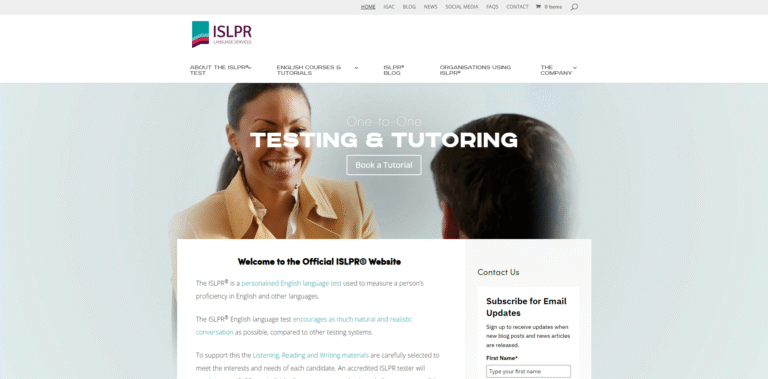Shop Cheap Laptop and School bags
The Grade 12 English examination in Zambia is a significant milestone for students as it plays a crucial role in determining their academic future.
English, being both a language and an academic subject, requires students to demonstrate their proficiency in reading, writing, and comprehension. The exam itself consists of two main papers: Paper 1 and Paper 2.
In this article, we will focus on Paper 1, which tests students’ ability to write various types of compositions.
Paper 1 Overview
Paper 1 is divided into two sections: Section A and Section B. Each section requires a different approach and set of skills, both of which are essential for students aiming to excel.
Section A: Free Composition
In Section A, students are provided with multiple questions and must select one to answer.
These questions typically require students to write one of several types of compositions, including narrative, descriptive, argumentative, and others.
From our experience as educators, narrative composition is almost always present in this section, and we recommend that students focus on mastering it, among others.
Narrative composition allows students to tell their own stories, drawing from personal experiences or imagination, which makes it a popular choice among candidates.
Section B: Situational Composition
Section B presents a more structured task known as a situational composition. In this section, students are given a set of notes related to a specific scenario or topic. Their task is to organize these points into a coherent and cohesive composition.
This type of composition differs from Section A because students are not only required to write but also to analyze and understand the given situation.
Sometimes, the actual topic may not be explicitly stated, and students must infer it from the provided notes. This demands a strong grasp of composition structure, critical thinking, and creativity.
Many students struggle with situational compositions because they are not accustomed to combining their own knowledge with the notes provided. It is important to remember that even though notes are given, they are not exhaustive.
Students need to draw from their background knowledge and understanding of the topic to expand on these notes effectively.
Guidelines
Section A: Free Composition
Answering Section A questions is relatively straightforward, especially if the student is comfortable with the chosen type of composition.
We often recommend choosing a narrative composition if it is available, as it allows students to be creative and use their personal experiences.
However, the choice depends on individual strengths, so students should pick the type of composition they feel most confident in.
Section B: Situational Composition
As discussed earlier, Section B requires specific skills. Below are the steps you need to follow to write a successful situational composition:
- Read the Passage Carefully
Never rush into writing. The first and most important step is to carefully read the passage to fully understand the situation being described. Without understanding the scenario, you cannot effectively organize your points. - Select Relevant Points
Not every detail in the passage will be important for your composition. Identify and select the key points that are directly relevant to the question or situation you are writing about. - Organize Your Points into Paragraphs
Once you have selected the relevant points, organize them logically into paragraphs. Each paragraph should contain a single, clear idea. Group similar points together to ensure your composition flows naturally. - Expand Your Points
The points provided in the notes are usually not enough to meet the required word count (typically 250-350 words).
Use your own words and knowledge to expand on these points, adding depth and detail to your composition. Think of the notes as a skeleton and your writing as the flesh that gives it form.
- Proofread Your Work Thoroughly
Proofreading is a critical step that many students overlook. Before submitting your work, go over it carefully to check for any errors in grammar, punctuation, or structure.
This final check can help you avoid unnecessary mistakes that could lower your score.
Need a cheap laptop?
Preparing for Paper 2
While this article focuses on Paper 1, it is worth noting that Paper 2 of the Grade 12 English exam covers comprehension, summary, and transformations (rewrites). These skills are equally important for students to master, and we will explore them in greater detail in future lessons.
Practice and Preparation
As part of your preparation for the Grade 12 English exam, it is essential to practice writing different types of compositions. Our eBook provides a wide range of composition samples, from narratives to argumentative essays, that will help you build your confidence.
However, remember that these samples are meant for learning purposes only. Do not memorize or copy them word for word; instead, use them as a guide to improve your understanding of structure, language use, and content development.
Conclusion
In conclusion, the key to success in the Grade 12 English exam, particularly Paper 1, lies in understanding the different types of compositions and how to approach them.
Whether you are writing a narrative composition in Section A or a situational composition in Section B, the ability to organize your ideas and expand on key points is crucial.
Keep practicing, pay close attention to the instructions, and don’t forget the importance of proofreading. Our next lesson will focus on argumentative compositions, so stay tuned for more insights!







